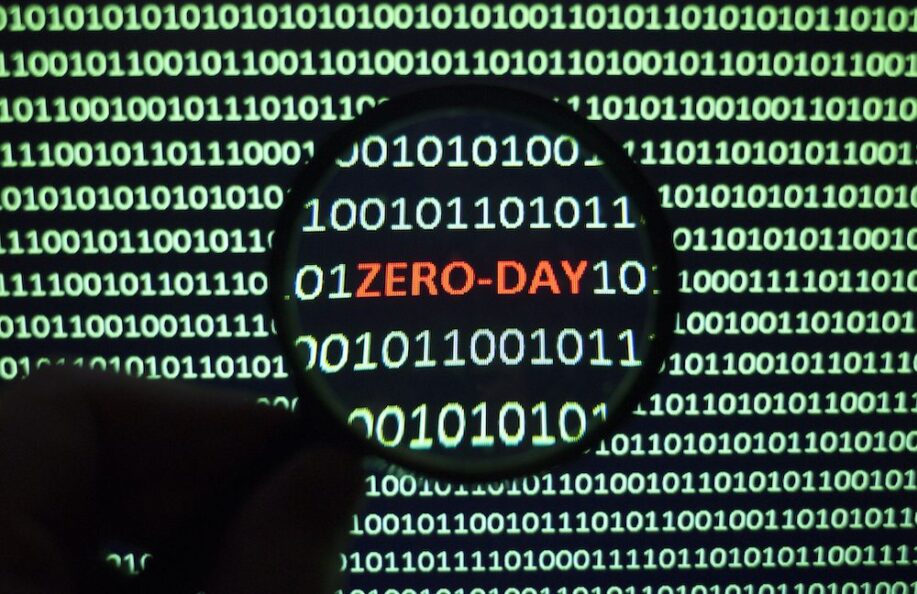Amnesty International Reveals New Evidence of Government Surveillance in Serbia
Amnesty International announced on Friday a significant finding regarding the use of a zero-day exploit, sold by the controversial vendor Cellebrite, to compromise the phone of a Serbian student who had publicly criticized the government. This revelation has raised renewed concerns about governmental surveillance tactics and the broader implications for civil rights in Serbia.
Cellebrite’s Role in Surveillance
The human rights organization previously accused Serbian authorities of employing various spyware as part of a systematic effort to control and repress civil society. In a report released in December 2023, Amnesty International highlighted the "pervasive and routine" usage of such technologies, attributing many of these exploits to both Cellebrite and NSO, another exploit vendor criticized for its questionable business practices. Following the December report, Cellebrite claimed it had ceased selling its products to "relevant customers" in Serbia, although the extent of this action and its efficacy remain in question.
The Latest Incident of Exploitation
As part of its ongoing investigation into the misuse of surveillance technologies, Amnesty International uncovered evidence that a sophisticated attack chain was used to defeat the lock screen of fully updated Android devices. This exploit was reportedly directed at a Serbian student who had been vocal against the government’s policies. The exploit worked by exploiting vulnerabilities in device drivers within the Linux kernel, which are integral to operating USB hardware.
In a statement from Amnesty International, the authors underscored that the attack is reflective of a persistent surveillance campaign. They noted, “This new case provides further evidence that the authorities in Serbia have continued their campaign of surveillance of civil society in the aftermath of our report.” The organization highlighted that this ongoing monitoring occurs despite increasing domestic and international calls for reform.
Background and Continued Surveillance Practices
Amnesty International’s scrutiny of the Serbian government’s surveillance practices dates back several years. This latest revelation comes on the heels of heightened tensions between civil society activists and governmental officials, with many expressing concerns that the state is operating beyond established legal frameworks in monitoring its citizens. The use of zero-day exploits—where vulnerabilities are actively being sold and utilized before they are patched or disclosed—further complicates the landscape of security and privacy for everyday citizens.
The December report by Amnesty detailed specific instances where spyware was allegedly used against activists and dissidents, painting a grim picture of a government willing to use advanced software to suppress dissent. The verification that a student was specifically targeted with such technology now raises questions about the measures authorities are willing to take to silence criticism.
Cellebrite’s Controversial Reputation
Cellebrite has been under scrutiny for its associations with governments and law enforcement agencies worldwide, often criticized for enabling intrusive government practices. Following Amnesty’s previous allegations, the company publicly announced a suspension of its services in Serbia, stating its commitment to ethical practices. However, the evidence presented on Friday casts doubt on the integrity of that commitment, suggesting that the pattern of surveillance continues unabated.
Conclusion: Implications for Human Rights and Privacy
The findings from Amnesty International highlight the precarious state of human rights in Serbia and the broader implications of state-sponsored surveillance on civil liberties. As technologies evolve, the ability for governments to monitor and control dissent poses serious challenges for activists and everyday citizens. The confirmed use of a zero-day exploit against a young activist serves as a stark reminder of the ongoing battle for privacy and freedoms in an increasingly digital world.
This situation reflects a global concern about the ethical use of surveillance technologies and the responsibility of companies like Cellebrite to ensure their products do not contribute to governmental oppression. As investigations continue and more evidence surfaces, the international community may be compelled to respond in ways that prioritize the protection of human rights against encroaching state power.









